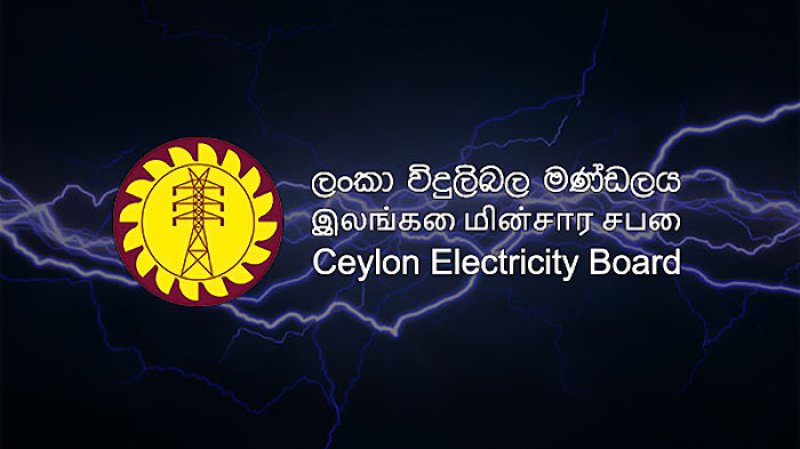
CEB posts Rs. 18 B loss amid regulatory tariff cut

Sri Lanka’s Ceylon Electricity Board (CEB) reported a loss of Rs. 18 billion for the March 2025 quarter, after the Public Utilities Commission imposed a deeper-than-proposed electricity tariff cut, undermining a key condition in the country’s agreement with the International Monetary Fund (IMF).
The IMF has emphasized the need for cost-reflective pricing in state utilities as a benchmark for continued financial support. The regulator’s decision, which aimed to ease consumer burden, has reportedly delayed IMF disbursements and heightened concerns over the CEB’s financial sustainability.
The tariff cut has also impacted CEB’s ability to secure funding for much-needed upgrades to its power grid. The utility is under pressure to modernize its infrastructure to integrate more renewable energy sources and prevent grid instability. Currently, a growing share of Sri Lanka’s electricity comes from intermittent renewable sources, which are granted priority feed-in access and cannot be curtailed during periods of low demand—unlike dispatchable private plants.
Analysts warn that without financial reforms and consistent regulatory policy, the country risks further delays in IMF support and increased vulnerability to power disruptions.


